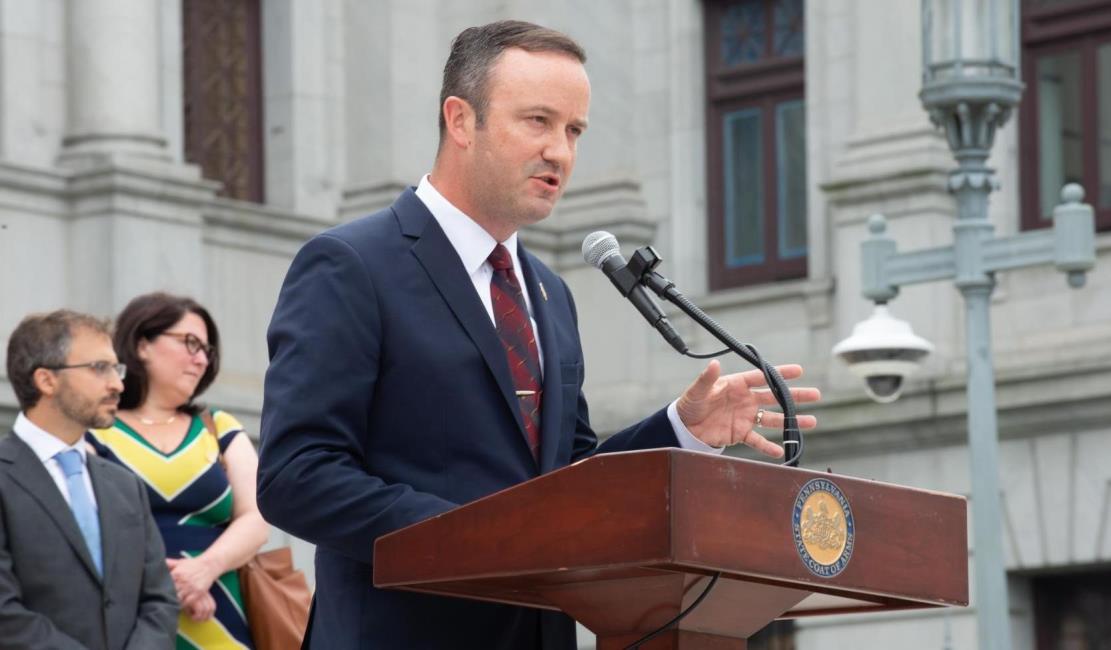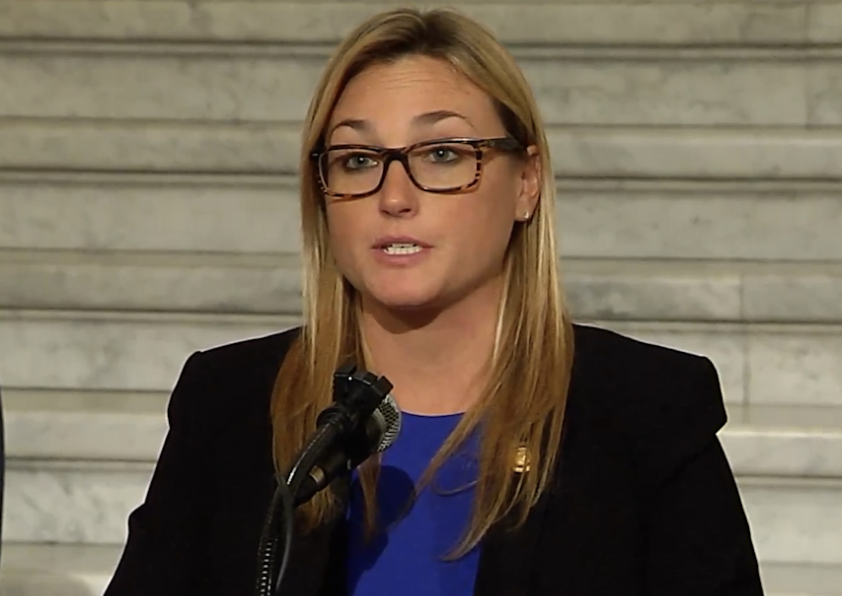UPDATED: Parents of Girl Put on ‘Hit List’ by Classmates Seek Legal Help

The parents of a harassed Northley Middle School student whose name appeared on a “hit list” have lawyered up.
In a strongly worded letter to the Penn-Delco School District, the Dhillon Law Group representing parents Liz Finnegan and Edward Mongelluzzo and their daughter, asked the district to respond by Friday with a plan to keep the girl safe.
“The district purports to value ‘safe and supportive schools; for its students, but for the last year and a half, the district has failed in that responsibility to Ms. emboldening her bullies and leading to an escalation in the threats and harassment she is forced to endure. The district’s feckless response violates not only its own written policies but state and federal law,” the lawyers wrote.
The victim “is currently 14 years old and an eighth grader at Northley Middle School. (She) has dealt with discrimination, bullying, and harassment for much of her time in the Penn-Delco School District. Notably, though, when facing difficulties at Coebourn Elementary School, Coebourns’ administrators quickly investigated and disciplined the students involved when appropriate. Coebourn Elementary School’s thoughtful, proactive, and safety-centered approach to handling these matters stands in stark contrast to what (she) has endured since matriculating at Northley Middle School,” the lawyers wrote.
“When (she) was 10 years old, another student (name redacted) touched (her) in a sexual manner without (her) consent. The details of this situation are well known to the district, as this sexual assault was reported and investigated by the district.”
After the victim reported the sexual assault, the perpetrator and her friends “began a retaliatory campaign to punish (her) for speaking out,” the letter said.
They taunted her and called her sexually explicit names. They also bullied her for her disability.
The victim “reported this harassment to Northley staff, but rather than addressing it, Northley ignored and downplayed the problems, refused to investigate, and allowed these students to continue unabated. Having seen that the harassing students faced no repercussions, the problem escalated to a wider group of the student body.”
Students began making violent threats against the girl and her family and told her to kill herself. The four girls allegedly involved stalked the victim online and used images and videos of her, creating fake social media accounts. They coordinated their cyberbullying through a social media account on Discord.
One of the girl’s adult caretakers made repeated threatening calls to the victim’s cell phone at night.
Recently, the perpetrators set up a “hit list” that mentioned the victim. One student was so alarmed she told her about the hit list, and the victim told her mother, who called the district and the police.
“The district’s failure to address the harassment and threats made against this student is unacceptable,” said Karin Sweigart, attorney at the Dhillon Law Group. “We demand that the district take immediate action to ensure that all students have access to a safe and inclusive learning environment free from discrimination and harassment.”
“Our clients are deeply concerned about their child’s safety and well-being,” Sweigart said. “When schools fail to take allegations of harassment seriously, they are sending a message that this type of behavior is acceptable, and we will not tolerate it.”
The district superintendent disagreed with the contents of the letter.
“The school district has learned that several media outlets have received a copy of a letter from a legal firm in California suggesting that the district and local law enforcement agencies have been dismissive of threats and bullying behaviors towards a student. Those allegations are in stark contrast to the seriousness with which the district has, and will continue to maintain in its responsiveness to threats or reports of bullying behaviors. With student safety as our foremost and primary concern, our code of conduct is to be enforced with fidelity following known claims of bullying or other behaviors that are not tolerated. Additionally, our staff have often partnered and cooperated with other agencies even when events occur outside of school hours or on school grounds if it can lead to safety for anyone and a beneficial outcome,” said Superintendent Dr. George Steinhoff.
Finnegan said, “All we are asking for is for our daughter to have what every child deserves: a safe environment in which to learn. There is no question that a threat exists: It was done in writing, online, and followed years of escalating harassment and abuse. We hate that we have to beg the school to protect her, and we hate that she has been unable to return to school due to the continued threat and continued lack of action in addressing the threat by the school district. We hope this can be treated with the seriousness it deserves and that our daughter can safely return to school.”
A district spokeswoman did not respond to a request for comment.
Please follow DVJournal on social media: Twitter@DVJournal or Facebook.com/DelawareValleyJournal








